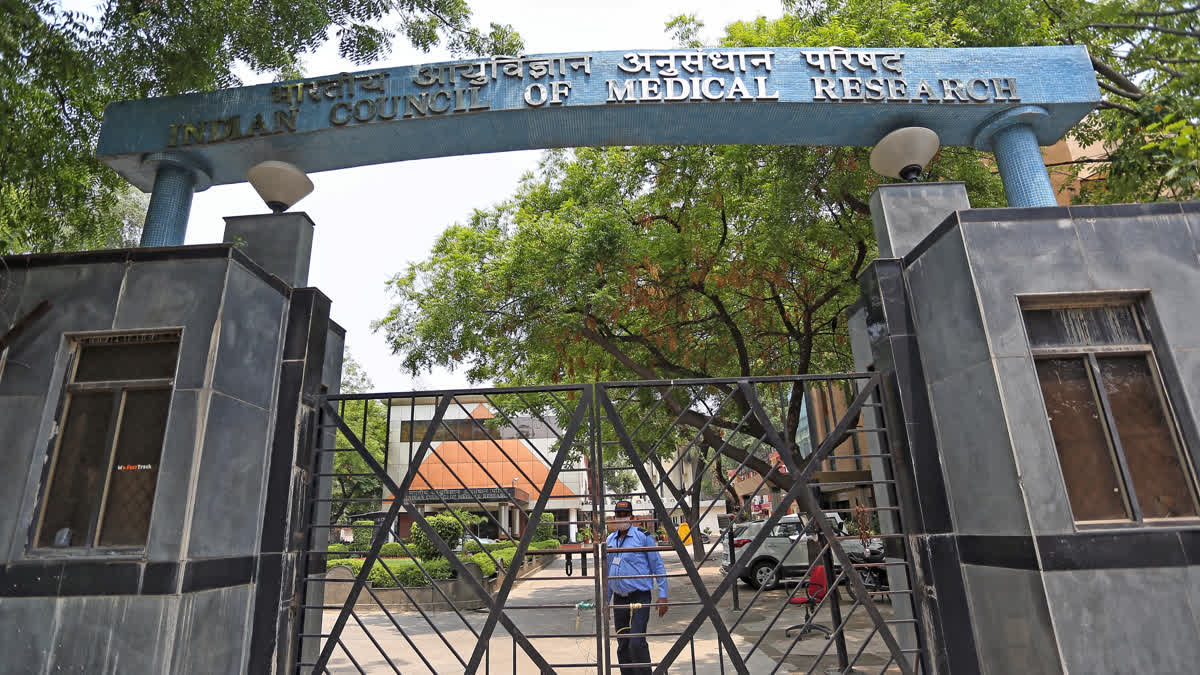New Delhi:The Indian Council of Medical Research (ICMR) has formalized the Memorandum of Agreement (MoA) with Zydus Lifesciences Limited to initiate Phase 2 clinical trials of Desidustat in patients with Sickle Cell Disease.
This Phase IIa, double blind, randomized, placebo controlled, parallel, multicenter, proof-of-concept study, co-funded and co-monitored by Indian National Clinical Trial and Education Network (INTENT), Clinical Studies and Trial Unit, Division of Development Research, ICMR, will evaluate the efficacy and safety of Desidustat oral tablet for treatment of sickle cell disease.
Proportion of patients with Hb response (defined as ≥ 1 g/dL increase in Hb from baseline) compared to placebo will be measured at week 4 and week 8 as the primary end-point. The trial will also evaluate Key Secondary Endpoints including Mean change in haemoglobin, proportion of patients requiring blood transfusions, proportion of patients experiencing vaso-occlusive crisis and mean change in percentage of HbSS.
Dr Rajiv Bahl, Secretary, Department of Health Research & Director General, ICMR, emphasized the transformative potential of the project.
“This collaboration reflects our commitment to advancing clinical research in India through strategic public-private partnerships. Desidustat was invented in India, and patients with Sickle Cell disease need therapies in addition to currently available drug, hydroxyurea, Our vision is to ensure that India continues to lead in the development of innovative and affordable healthcare solutions,” he said.
